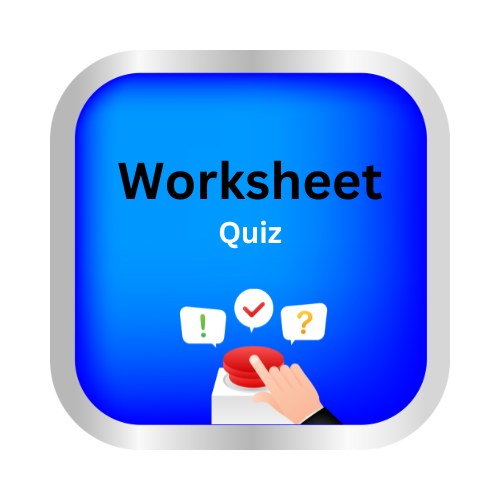Which definition matches the sentence?
Which definition matches the sentence? by Delta publications
key notes:
| What is a Definition? |
A definition is an explanation of what a word means. Think of it like a secret code for a word! Dictionaries are full of definitions. When a word has multiple meanings, the dictionary will list them separately. That’s where matching becomes important!
| How to Match Definitions to Sentences |
Here’s a step-by-step guide:
- Read the sentence carefully. Pay attention to all the words around the word you’re trying to define. These words give you clues!
- Identify the word whose definition you’re looking for.
- Look up the word in a dictionary (either a real book or online!).
- Read all the definitions for that word. Many words have more than one!
- Replace the word in the sentence with each definition. Which definition makes the most sense?
- Check your answer! Does the sentence still make sense with your chosen definition? If so, you’ve found a match!
| Let’s Practice! |
Here’s an example:
Sentence: The bark of the dog woke up the neighbors.
Word: bark
Definitions (simplified):
- Definition 1: The outer covering of a tree.
- Definition 2: The sound a dog makes.
Let’s try replacing ‘bark’ with each definition:
- “The outer covering of a tree of the dog woke up the neighbors.” (Doesn’t make sense!)
- “The sound a dog makes of the dog woke up the neighbors.” (Makes sense!)
Answer: Definition 2 is the correct match!
| Another Example: Sentence: Please present your homework to the class. Word: present Definitions (simplified): Definition 1: To give something to someone. Definition 2: To show or display something to an audience. Which definition fits best? | Think: Would you give your homework to the class, or Would you show your homework to the class? Answer:Definition 2 fits best here. You’re showing your homework to the class! |
- Look for clues in the sentence. What is the sentence about? This will help you narrow down the possible definitions.
- Try all the definitions. Even if one definition seems right at first, try them all to be sure.
- Read the sentence out loud with each definition in place of the word. Sometimes hearing it will help you decide which one makes the most sense.
- Don’t give up! Matching definitions can be tricky, but with practice, you’ll get better at it.
| Next Steps |
Now it’s your turn! Try matching definitions to sentences in your reading assignments. Ask your teacher if you need help. Keep practicing, and you’ll become a definition-matching master! 🚀
Let’s practice!

